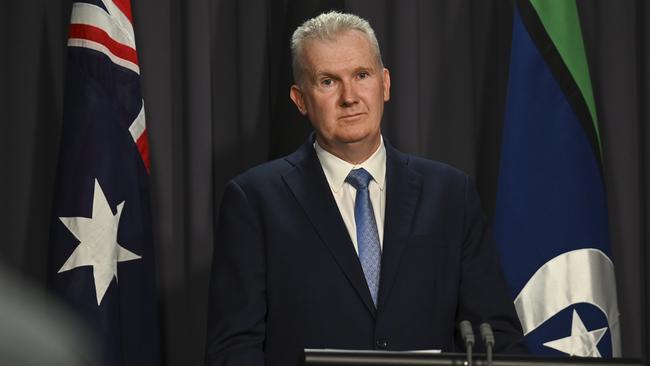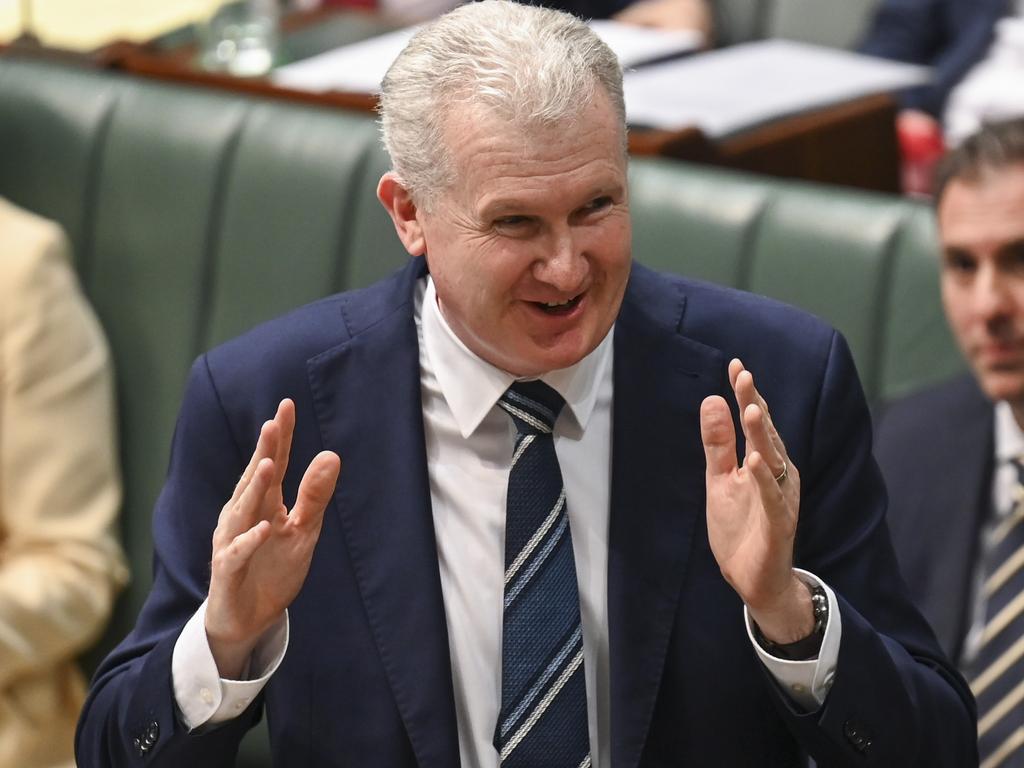Fair Work exposing delegates to penalties, ACTU warns
The ACTU is pushing to significantly increase the number of union delegates who can access employer-funded paid training leave.

The ACTU is pushing to significantly increase the number of union delegates who can access employer-funded paid training leave, criticising a Fair Work Commission proposal that it warned would unfairly expose delegates to civil penalties.
But the Minerals Council of Australia said the commission’s draft term, limiting the number of delegates employers are required to provide paid training leave to one for every 50 employees, was too generous and should instead be one delegate for every 200 employees.
In a strongly worded submission in response to the commission’s draft term to be inserted into awards, the ACTU said employers should be required to initially provide a guaranteed five days’ paid training leave to one delegate for every 25 employees, and three days each subsequent year, not one day as proposed.
Unions hit out at the commission proposal that a delegate’s entitlements be subject to conditions including notice obligations and a requirement that the delegate not hinder, obstruct or prevent the normal performance of work.
The ACTU said the creation of binding award obligations on employees, in their capacity as delegates, was “highly unusual” and would expose them to civil penalties.
“The clause would also see a workplace delegate lose their rights to represent workers or to access the workplace and its facilities if they helped to organise protected industrial action during a round of enterprise bargaining,” it said.
“In circumstances where the legislature has created beneficial rights to support delegates, potentially exposing them to civil penalties is a highly disappointing, unwelcome and counterintuitive outcome.”
In its submission, the MCA says while the draft term includes a limit on the number of delegates who can access paid training leave, there is no limit on the number of employees who can be appointed as delegates.
“This is a ‘loophole’ that will inevitably be exploited and should be closed,” it said.
The MCA says the mining industry is concerned about the commission proposal to allow for paid training leave for one workplace delegate per 50 employees.
“MCA members have advised that this ratio greatly exceeds current practices in the mining industry. The success of mining, particularly in the coal and iron ore sectors, has led to large integrated operations which can have more than 1500 employees,” it said, calling for one delegate per 200 employees.
It said one large mining company advised that it had two to three union delegates per 500 employees in its operations.
“The notion that delegate numbers might rise to this extent (proposed by the commission) is a significant threat to productive and efficient operations,” the MCA said.
“Workplace disruption could occur through the diversion of employees’ productive time towards union organising, increased strain on managerial resources, the direct cost of training leave, and the potential for increased disputation.”
The CFMEU construction division says the proposed draft wrongly prevented union delegates from representing members, or potential members, employed by a labour hire firm or a group training company but working in the same workplace.








To join the conversation, please log in. Don't have an account? Register
Join the conversation, you are commenting as Logout